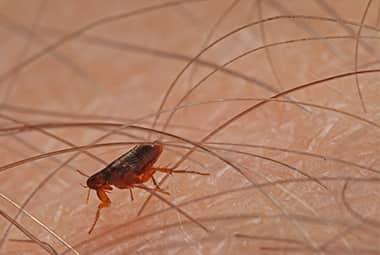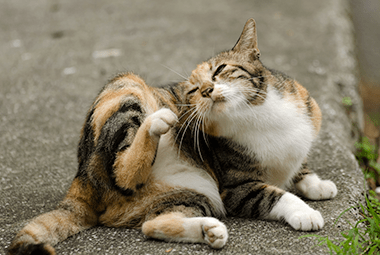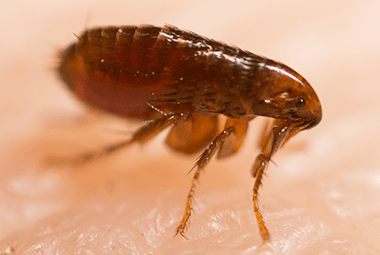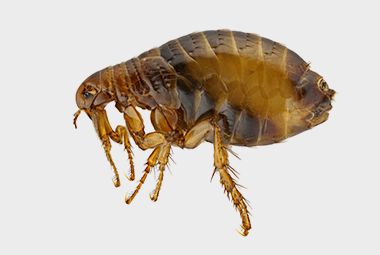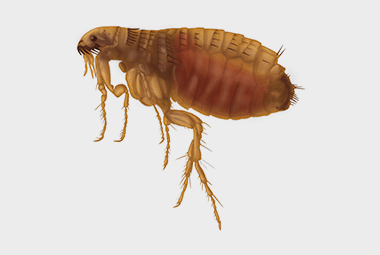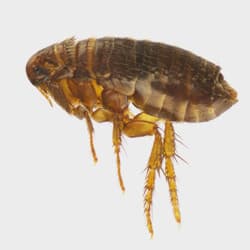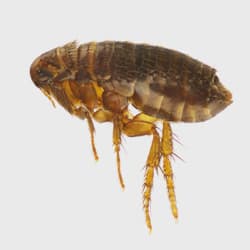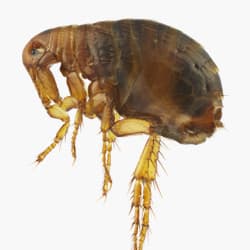Springs has sprung and fleas are becoming more and more of a problem for residents in our Tennessee service area. If you have a pet, your furry friend has the potential to pick fleas up every time he goes out into the yard. If you don’t have a pet, fleas can come into your home on mice, rats, and other critters. And when flea infestations take root, those fleas are hard to control. So, what do you do if fleas have invaded your Tennessee lawn? You keep doing what you’ve been doing. Apply flea prevention to reduce fleas in your yard and prevent them from getting into your home.
Flea Prevention in the Yard
Fleas are brought into your yard by animals. The more you do to control wildlife, the fewer fleas you’re going to have in your yard. It’s just that simple. How do you control wildlife? Here are a few tips:
- Keep exterior trash in sealed receptacles. Trash smells lure pests in.
- Keep yard clutter to a minimum. Rodents and other small animals use clutter to hide in.
- Create a fenced-in play area for your dog(s). This will keep animals from bringing fleas into that sensitive area and prevent your pet(s) from exploring your landscaping and picking fleas up.
- Reduce moisture to make it hard for fleas to survive in your yard. Trim tree branches to allow the sun to dry shaded areas near your home. Create space between the plants in your landscaping to allow the air to flow through and keep the topsoil dry. Fix leaky spigots and hoses. Fix or clean your gutter system and fix any broken downspouts.
- Put pet or livestock foods down only during meal times.
- Do routine inspections of your exterior and address any entry points that rodents can use to get into your home.
What to Do if Fleas Have Invaded Your Home
If you’re seeing fleas inside your home, reach out to a licensed professional. Fleas can be a nightmare to get under control. Also, consider an ongoing reduction of fleas in your yard to reduce exposure. A residential pest control plan that includes coverage for fleas is something every homeowner should have. Fleas and other pests can significantly threaten the health of your pets and everyone living in your home. If you’re in the Greater Knoxville area, let the experienced and friendly professionals at Russell’s Pest Control help you get the right plan in place.

